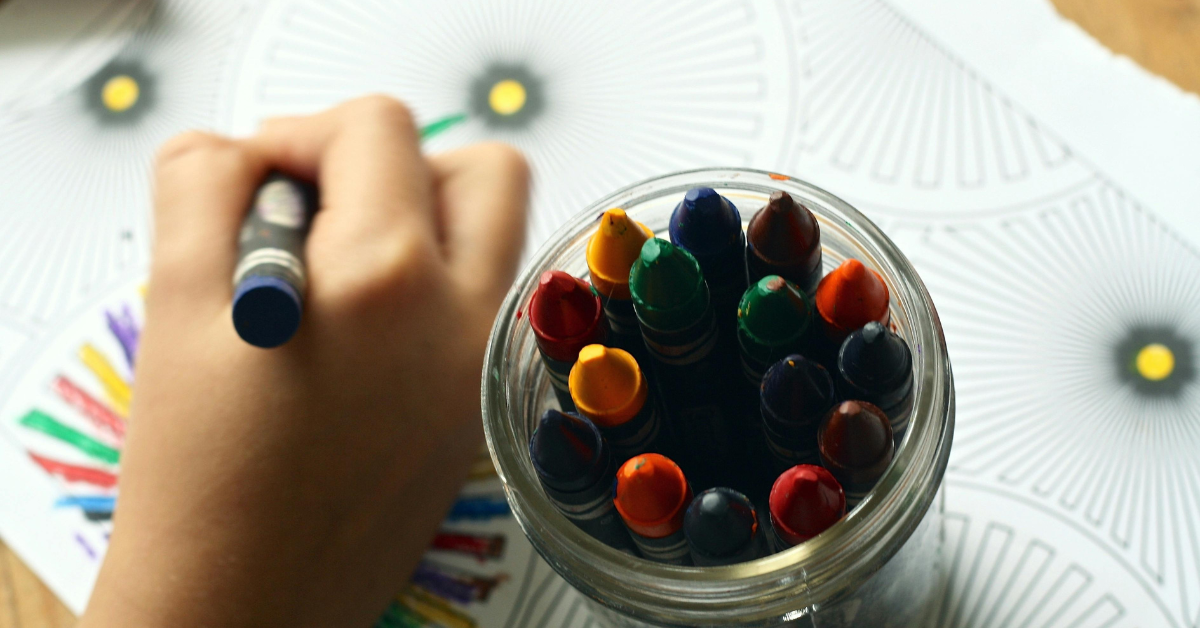
Helping Your Child with their Social Skills

*Collaborative Post
Social skills are crucial because we need them to interact and communicate with our peers, whether at school or in our place of work, as well as our friends and family. However, social skills don’t just refer to verbal communication, they’re also about understanding facial expressions and body language. Of course, allowing your child to experience social situations with a variety of different people from a young age should set them on the right track, but there are other things you can do to help them with their social skills. A prep school in the South West explore in further detail below.
Be sure to play with your child regularly and teach them the importance of taking it in turns, sharing their toys and paying attention to a certain activity. Set a good example when interacting with them and let them see that it’s just as important to listen as it is to talk when having a conversation.
Help your child understand emotions, both their own and other people’s. Give their emotions labels so they start to recognise them and also learn ways to deal with them. For instance, if they’re frustrated because they’ve lost a board game, you could say something like “I can see that you’re getting angry at this game, why don’t you go into another room to cool off and calm down?”. Once they start to understand their own emotions, they will also find it easier to recognise them in others and respond appropriately. You could also point out certain emotions in TV shows that you watch together and discuss appropriate/inappropriate behaviour in social situations.
Teach your child some conversation starters, as these are often the hardest part of a conversation. Role playing is great for this sort of thing because it helps your child truly visual particular scenarios. Here are some examples of conversation starters you could teach your child:
- Hello, my name is X, what’s your name?
- I love your shoes, where did you get them from?
- That looks fun, can I play too?
- What are you doing this weekend?
The more your child practises conversation starters, the less intimidated they will feel when meeting someone new.
If you’re worried about your child’s social development, don’t hesitate to speak to their school and see if they have any advice. They will also be able to monitor your child during school hours and help them make new friends. After all, your child’s teachers want the best for them just as much as you do.
*This is a collaborative post. For further information please refer to my disclosure page.





Love these little conversation starters! Thanks for sharing Emma!
Jen x
My kiddo is very talented at making friends with new people. When on a playground, she can easily start a conversation with peers or their parents by just saying ‘Hi! I’m Alice! What’s your name?’ Then she starts talking about herself and kids eventually get involved in the conversation. For some reason, it always works 🙂
Wish I could talk to strangers like her 😂